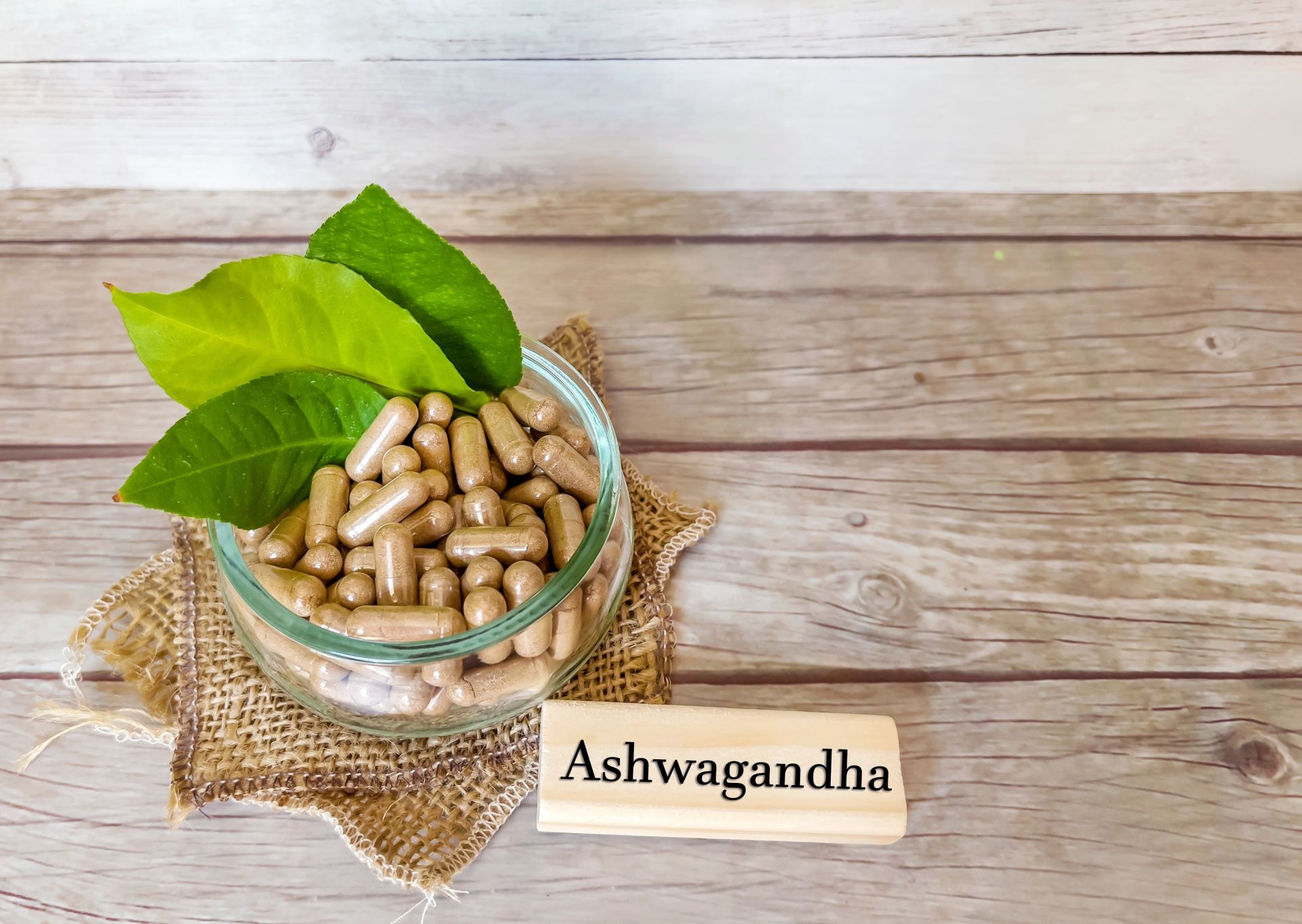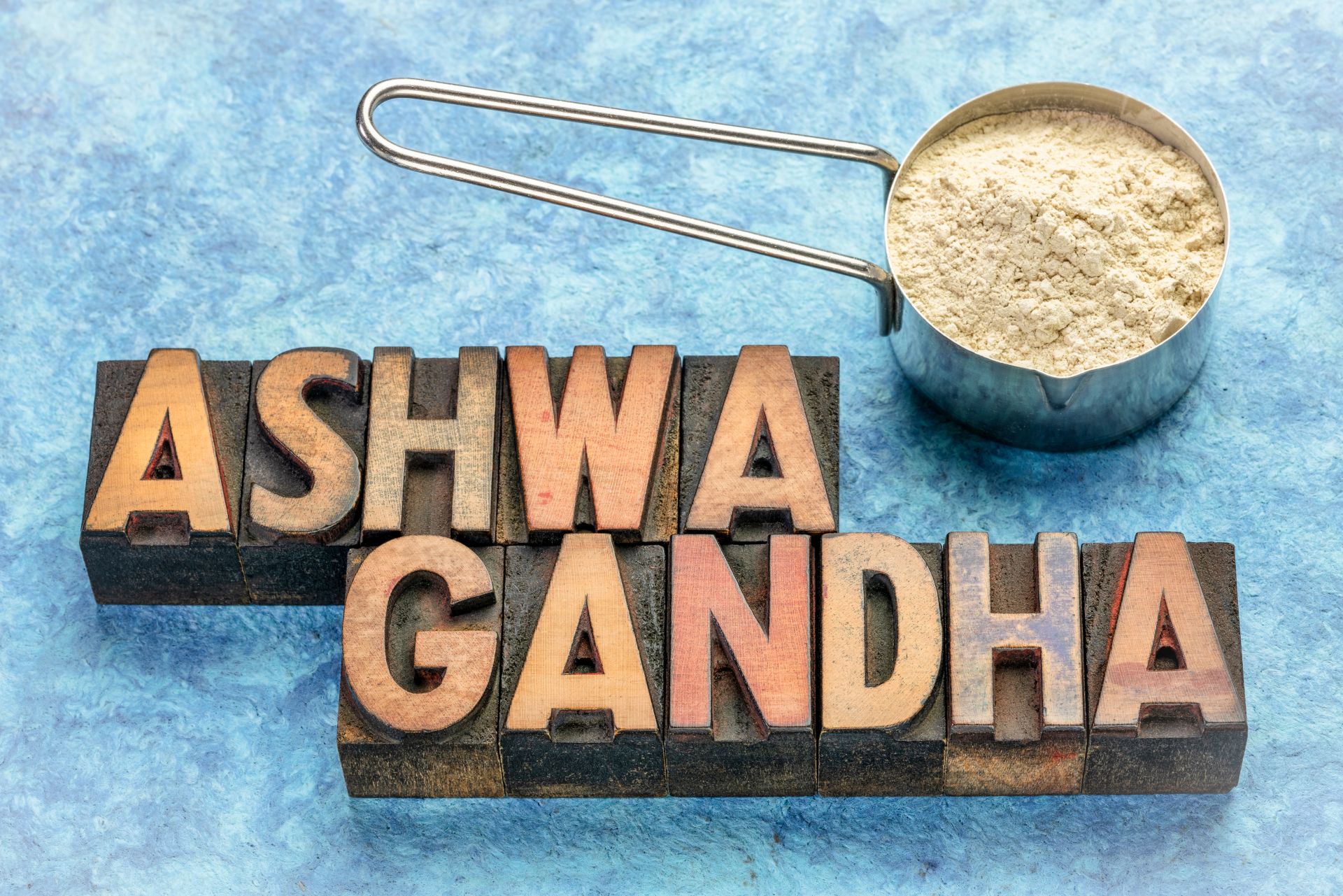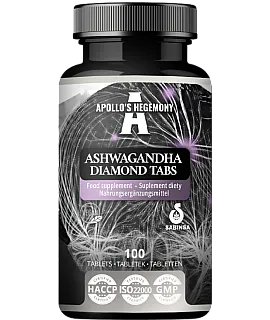Can Ashwagandha cause side effects?

First of all: do no harm! When choosing a supplement for yourself, you need to pay attention not only to the benefits and potential benefits, but also to information about side effects, contraindications and drug interactions. Ashwagandha, fortunately, is very friendly and there are few things you need to pay attention to when including it in your supplementation. Nonetheless, it is worth reading the most important information regarding the safety of Ashwagandha supplementation.
- Ashwagandha side effects
- Can they be counteracted?
- Beware of Ashwagandha interactions with drugs!
- Explore alternatives
Ashwagandha side effects
In general, Ashwagandha is described in clinical studies as safe and very well tolerated. No studies have found serious side effects. Mild side effects that have been occasionally noted mainly include nausea, vomiting and gastrointestinal discomfort, which may be due to individual hypersensitivity to the components of this plant.
There are also occasional reports in user reviews of effects on drowsiness or, less frequently, agitation. Some people experience excessive drowsiness, for example, when using it in the morning. There are also times when Ashwagandha is so effective in enhancing sleep that there is still a slight sluggishness in the morning. On the other hand, some people report that when using Ashwagandha in the evening they experience a reduction in fatigue and find it harder to fall asleep. Such effects usually require modification of the dosage regimen.
Other mild effects that have been noted: dizziness, decreased appetite.
Allergies to solanaceous plants can also be a problem. If for some reason you avoid plants from this family (potatoes, tomatoes, eggplant, tobacco, etc.), then Ashwagandha is not for you either.
Can they be counteracted?
Since gastrointestinal complaints are the most common, you can always try different patterns of taking the supplement. If the ailments occur when taking the supplement on an empty stomach, then try taking it during or after a meal. If, conversely, Ashwagandha side effects appear when supplementing after a meal, then it is worth trying to swallow the capsule before a meal.
We also have a universal way to combat various side effects - reducing the dose. Sometimes it simply turns out that our body is extremely sensitive to a particular substance and may need it much less than average users. When side effects appear, and we want to give Ashwaganda a second chance, it is best to take a break for a few days. If the discomfort subsides, then turn it on again, but, for example, at half the dose.
Beware of Ashwagandha interactions with drugs!
Ashwagandha interacts with some drugs that affect the nervous system. The best known interaction is with sedatives, sleeping pills and anticonvulsants. These, when used together with Ashwagandha, can act more strongly than usual.
This applies mainly to drugs that exert their effects by interacting with the GABA neurotransmitter system. There are mixed reports in relation to the use of Ashwagandha with drugs that act on serotonin (e.g. SSRI antidepressants), so in such cases it is advisable to consult a health care provider.
Ashwagandha stimulates the immune system and thyroid function, so it is also worth consulting your doctor if you are taking thyroid hormones or immunosuppressants.
Most of the above interactions should only be of mild intensity, but are nevertheless worth taking into account.
Explore alternatives
If you need the anti-stress and calming effects of Ashwagandha, but don't tolerate it very well, it's worth looking around for an alternative supplement. Fortunately, there are plenty of choices. Below are some very good replacements worth looking at:
- L-Theanine - a simple and very safe amino acid from green tea. It calms, reduces stress and anxiety, and may even improve cognitive abilities,
- Bacopa monnieri - a calming and anti-anxiety adaptogen that is additionally great for memory,
- Rhodiola rosea - one of the flagship adaptogens that is very effective in reducing stress and strengthening physically, and can reduce fatigue, boost energy and improve mood,
- Kanna - if you're looking mainly for mood and emotional stabilization effects.
The above can also be combined with Ashwagandha for a synergistic effect!
 ⮜ Previous article
⮜ Previous article
Adaptogens - what are they and what properties do they have?
 Next article ⮞
Next article ⮞


